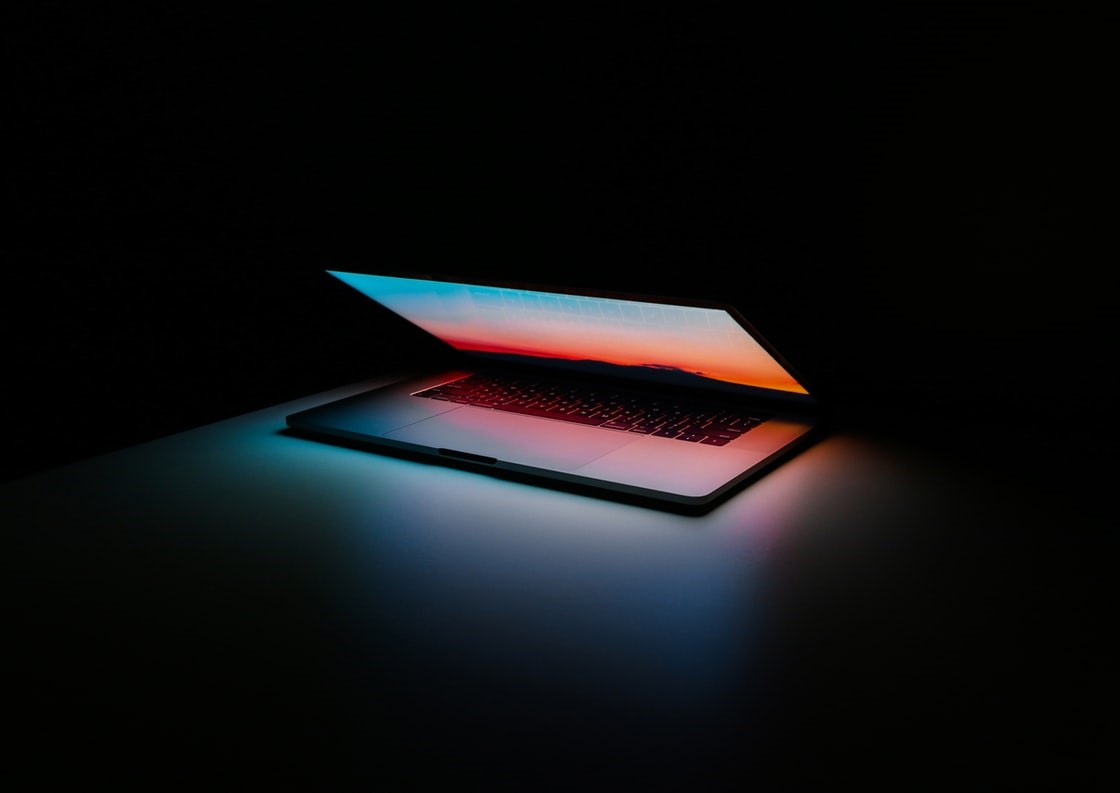Blocking websites during work hours is smart, easy, and effective
Nearly five and a half years. That’s one estimate of how much time an average person will spend on social media over their lifetime. Five plus years is more time than you spend eating or drinking during a lifetime. In fact, the only thing that dwarfs ‘app time’ is sleep – we spend about 26 years of our lives asleep. And there’s no question screen time is stealing sleep hours too. Need proof? Here’s a 2017 “confession” from Reed Hastings, the CEO of Netflix: “You get a show or a movie you’re really dying to watch, and you end up staying up late at night, so we actually compete with sleep, and we’re winning.” Would it surprise you to hear that the average American adult spends almost three hours on their smartphone every day? –Not really, right? The group Time Well Spent is trying to reform tech companies, campaigning for tech/app firms to redesign their products so that they don’t steal so much of our precious time. But how realistic is such a campaign? Maybe instead of focusing on the tech companies, we should focus on ourselves.
We can learn to resist the pull of technology, but it’s going to require deconditioning. One simple way to start is by downloading an app. Yes! You can begin learning how to control your tech addiction by downloading a bit of tech. Called ‘blocking apps,’ they sync across all devices (if you allow it) and can block websites on Android or iOS. Got an exam coming up? Why not block YouTube for an hour or two? With a blocking app, websites and apps can be blocked for specific periods of time. Perhaps, as noted, for a student that would be a study crunch time. For an office worker, it might be the most important work hours of the day. And for parents, it could be a chunk of time in the evenings we know would be better spent chatting or reading with our children, but is too often stolen by – let’s face it – pretty meaningless digital distractions. Blocking is a much more effective strategy than simply being told how long you spend on an app. Plenty of device manufacturers already offer “screen time” information – under some supposed idea that you can make an “informed choice.” Well, we can’t – or we won’t. We are being driven to distraction by what a BBC article once termed time-stealing “digital gangsters.”
B.F. Skinner is famous for experiments that showed how pigeons become more addicted to pecking a button that delivers seeds in random intervals… in other words, the pigeon gets more hooked when they can’t figure out when the reward is coming. Think about it: we grab our phones to check Instagram or Facebook and sometimes it’s a dud, but other times we get a hit of dopamine – a ‘LOL’ comment, a good reaction to one of your posts, or some other ‘validation.’ The inconsistency is a positive. Much like those infernal claw machines that are popular in some places: People keep giving it a try because… maybe next time! It doesn’t matter that you’re often disappointed with the quality of some article or other online distraction because other times you get a reward… and the fact that you never know what you’re going to get drives you to keep coming back. We are losing hours each day, days each month, and years of our lives on things we actually don’t care about, notes Tim Woo, a Columbia University professor. By using a blocking app to set aside whatever times you choose, you remove the temptation to keep checking in.
Knowing that, for example, from 9 a.m. to noon you can’t get on social media is extremely liberating. Of course, you could disable the blocking app if you really wanted to, but it takes only a surprisingly small amount of encouragement for most of us to do the right thing. The simple analogy would be an alcoholic not having alcohol in their home. That simple removal act makes it a lot easier to refrain from imbibing. Best-selling author Nir Eyal has a four-step plan to stop getting distracted by technology. And you might be surprised that number two in the list is actually making time for distractions. It’s okay to surf social media, read the political blogs that bring you enjoyment or check up on the scores of the sports teams that you follow. It’s just not healthy to do it every 30 seconds. Eyal suggests giving yourself a “social media hour.” –This hour will feel a lot more guilt-free if you’ve been productive during the other hours in the day. We have to begin learning how to take back our time – and a good way to start is by putting some restrictions in place.



